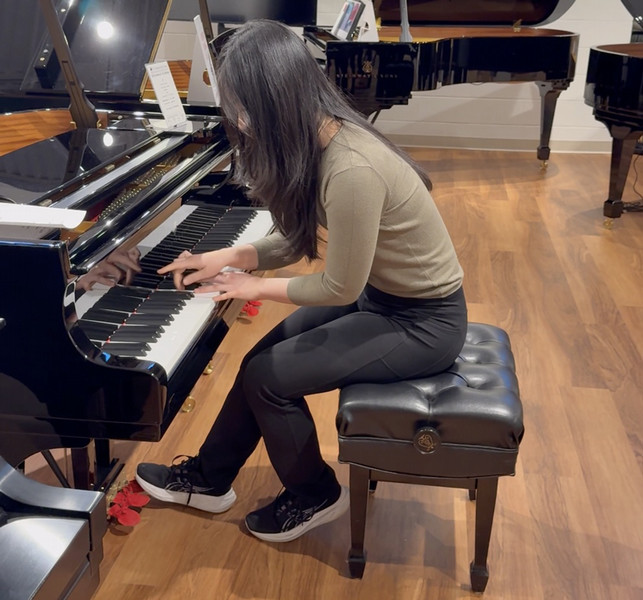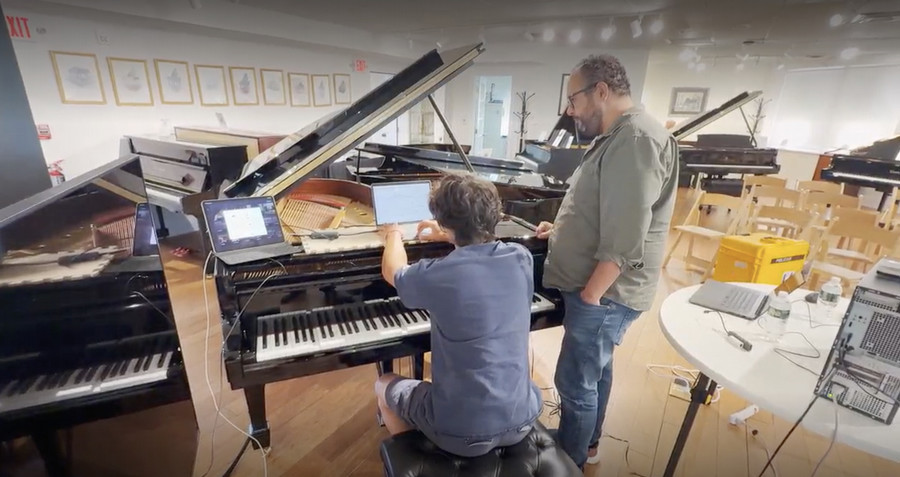The Staying Power of ABBA: Bowdoin’s McMullen on the ‘Tribute Band Factor’
By Tom Porter
This fact is underscored both by the band’s reunion this year, and by the release of Mamma Mia: Here We Go Again in movie theaters recently. The film, a vehicle for the music of ABBA, is a sequel to the 2008 blockbuster based on the hit musical of the same name, which ran on Broadway for twelve years.
“What’s Behind ABBA’s Staying Power?” asks Jackie Mansky in an article published on Smithsonian.com. One factor behind the band’s enduring popularity, she writes, is the amount of ABBA tribute bands that have appeared since the group last performed in public in the early 1980s.
Among those quoted in the article is Associate Professor of Music Tracy McMullen, whose book Haunthenticity: Musical Replay and the Fear of the Real (due to be published next year by Wesleyan University Press), considers the growth and role of live musical reenactment. Read the article.
In the case of ABBA, McMullen says the queer community extended the shelf life of the band in the 1980s through drag re-performances. Beginning in the 1990s, however, ABBA reenactments took a conservative turn. There was a market for bringing the “real” ABBA back, which meant eliminating elements of drag and returning to ABBA’s original marketing campaign as a “clean,” “wholesome” band the entire family could enjoy. Observing the different approaches to ABBA re-stagings through the decades illuminates important changes and debates in cultural history, according to McMullen.



